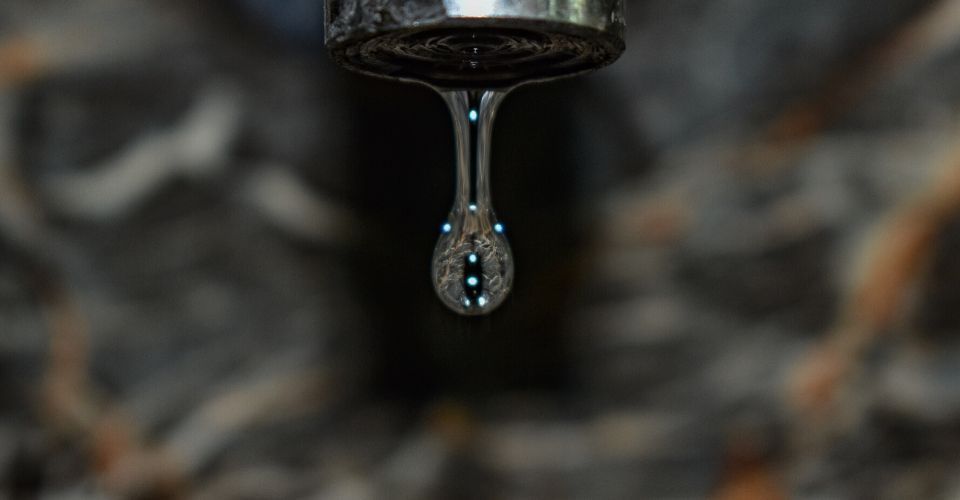
EurEau reaction to the EU’s Pharmaceutical Strategy
Our health is our wealth, and being healthy is vital to our wellbeing and the economy. Pharmaceuticals also impact on the environment and to the affordability of our water. We need an EU strategy that will protect everyone.
Medicines play a vital role in keeping us safe and healthy. The sector has an important role in the EU economy, particularly through creating highly skilled jobs, investment and innovation. Pharmaceuticals, however, also impact on the environment.
We welcome that the EU is addressing the role of pharmaceuticals in our lives through the Pharmaceutical Strategy for Europe. This strategy aims to tackle the issues facing the sector by setting a regulatory framework for the future and promoting research that meets patient needs. It will also take into account the weaknesses exposed by the coronavirus pandemic and factor-in appropriate actions to strengthen the system.
The environmental impact of pharmaceuticals is recognised, with the Commission proposing to revise the pharmaceutical legislation to strengthen the environmental risk assessment requirements and conditions of use for medicines, and take stock of the results of research under the innovative medicines initiative. This will take place in 2022.
The Pharmaceutical Strategy builds on and complements the adopted by the Commission in 2019. This includes a series of measures to tackle the environmental impact of medications all along their life-cycle, such as improving public access to the main environmental risk assessment results and relevant toxicological thresholds for medicinal products while respecting data-protection rules.
We believe that measures should be taken all along the life cycle of pharmaceutical products to restrict the release of pharmaceutical substances in the environment, starting from measures that rectify environmental damage at the source according to art.191.2 of the TFEU. This means that measures will necessarily be taken, as a priority, by the pharmaceutical industry, by the regulators, by doctors and health practitioners, by patients and, as a means of last resort, at the end of the pipe by water operators. Implementing these measures at source avoids costly treatments in water treatment plants, and helps keep water affordable for everyone.
In order to tackle Anti-Microbial Resistance (AMR) the Commission will further encourage, through international cooperation, actions to address the environmental risks in other countries where pharmaceutical emissions from manufacturing and other sources may contribute to the spread of AMR.
The Commission expresses its commitment to continue the implementation of the actions under the strategic approach to pharmaceuticals in the environment, including the environmentally safe disposal of medicines and reducing pack size and packaging that ongoing.
Other proposed actions from the 2019 PiE Strategy should be addressed as a priority, in our view, in order to fill the current knowledge gaps and be able to take the necessary measures:
- The eco-toxicity and environmental fate of pharmaceuticals, in particular, those not yet subject to environmental risk assessment
- The links between the presence of antimicrobials in the environment (if possible also the entry and natural presence of antimicrobial resistance genes)
- The possible effects on humans of (chronic) exposure to low levels of pharmaceuticals via the environment, taking account of the potential for combined effects from multiple substances, and of vulnerable sub-populations.
In addition, we strongly support the improvement of public access to the main environmental risk assessment results and relevant toxicological thresholds for medicinal products, while respecting data-protection rules, in order to facilitate the risk assessment carried out by water operators.
We regret, however, that there is no clear commitment by the Commission to speed up the catch-up procedure for those pharmaceuticals for human use that were authorised before 2006 and were not subject to a compulsory ERA (while this is the case for veterinary pharmaceuticals).
A progress report on the implementation of the Strategic Approach on Pharmaceuticals in the Environment accompanied the adoption of the Pharmaceuticals Strategy and it is available .
We will continue working with the EU institutions to ensure that the strategy meets the needs of EU citizens while protecting their health and the environment.
Our paper on the holistic approach to addressing micropollutants in the environment.
Briefing note on treating micropollutants at the waste water treatment plant.
Our response to the consultation on the Pharmaceutical Strategy.
- Created on .